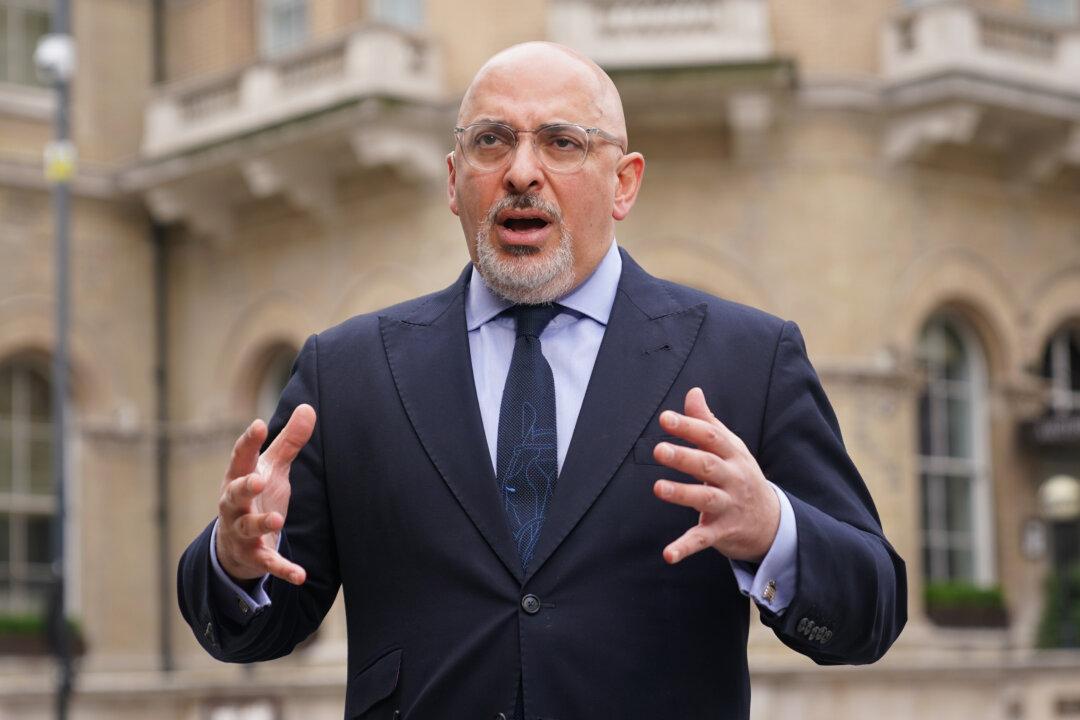If the UK government proceeds to give the Pfizer-BioNTech COVID-19 vaccine to all 12- to 15-year-olds, the young teens may be able to give consent even if their parents say no, a minister said on Sunday.
The Pfizer-BioNTech COVID-19 vaccine was approved in June for use on children over 12 years old by the Medicines and Healthcare products Regulatory Agency (MHRA).





